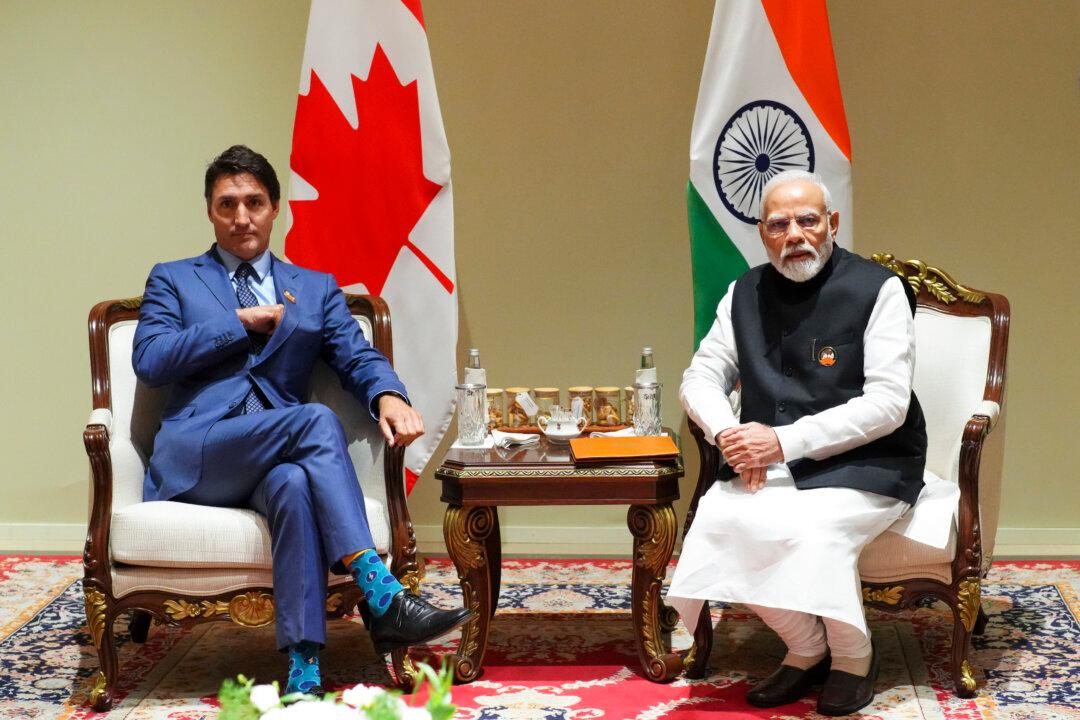The Liberal government says there is “credible” intelligence that suggests the Indian government was involved in the killing of a Canadian citizen in British Columbia earlier this year.
Prime Minister Justin Trudeau made the allegation on Sept. 18 in the House of Commons as Parliament reconvened after the summer break.





